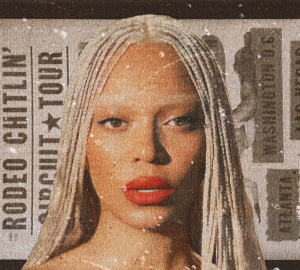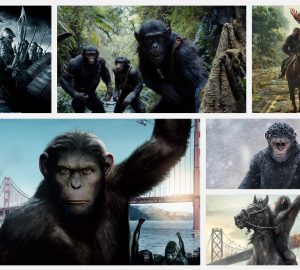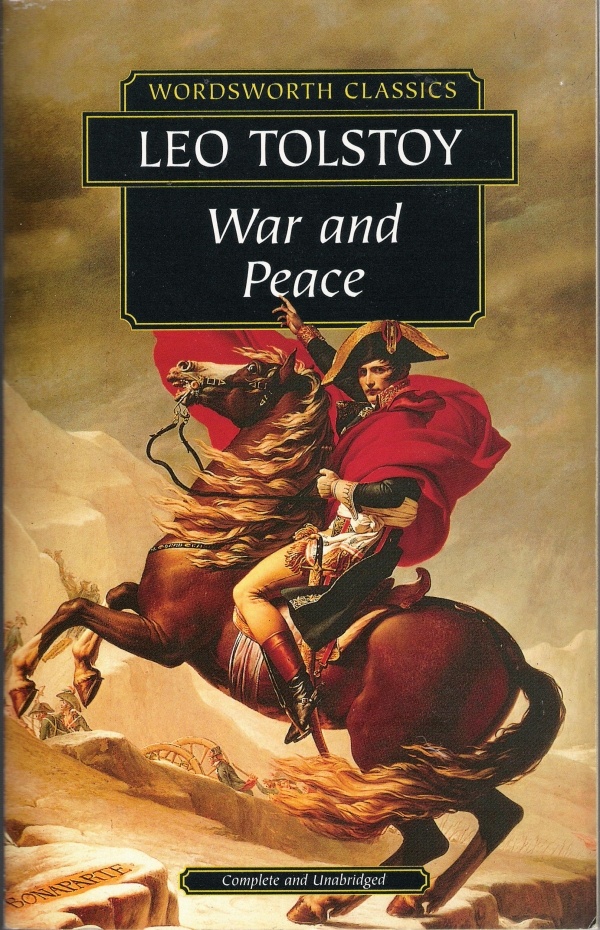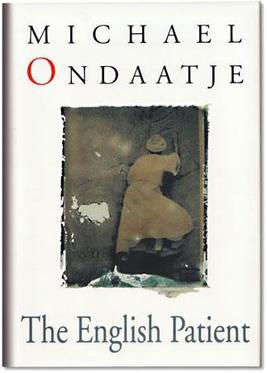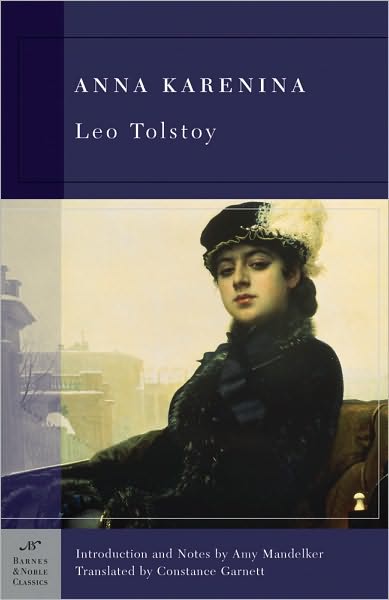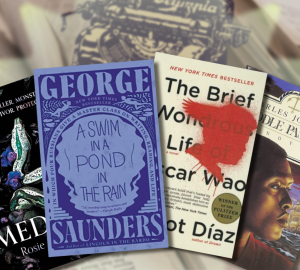Books on trial: here’s why you should read books — and it’s not about becoming smarter
by Jeanie Lo
Good morning your honor, ladies and gentlemen of the jury, my name is Jeanie Lo and it is my privilege to represent my defendant, books, for this case before you today.
Yes, I wish to make a case for books.
Please don’t ban them.
Books have been accused of being ambassadors of boredom, being tedious, sleep -inducing, heavy, intimidating … you can read its alleged crimes on appendix A (at the end of this article). I won’t repeat them here.
Most of the accusations, your honor, seem to be true, but wait! Hold the gavel, please hear me out.
Thank you, your honor.
I want to first argue that the benefits of reading books are all but making yourself feel smarter. In fact, world class Russian author, Leo Tolstoy, (who wrote the paper tome “War and Peace”) also wrote a scene in “Anna Karenina,” in which a small-minded gentleman repeated all his opinions from the books and newspaper he read without digestion or critical thinking.
Reading does not necessarily give you the ability to think critically. Reading books is not about making yourself feel smarter or more knowledgeable. No, I’m arguing that books should not be banned and should be read on the basis of three arguments. Hear me out:
First, books offer insights which 800 word articles can’t.
To be honest, I would rather you read a good book than to read this article, but thanks for staying anyways. A good book matters — many people are turned away from reading because the book is poorly written or has a dull subject matter. The market is flooded with these books.
Books are thicker than 800 word articles, obviously, because authors get more time and space to talk about their ideas in detail. Can you condense your 12 year relationship with your brother or grandmother in a three minute monologue? Yes, you technically can, but that’s not enough, is it?
Books work the same way. Authors get to develop and unpack their ideas through time spent with the readers, and the readers get to slowly digest, reflect and question the author’s thinking. The contents are deeper, more insightful. You dedicate ten minutes everyday to get to know a person’s thoughts, and 30 days later, you get to know most of the whole picture. You get the depth and the breadth.
Most author dedicate years to write a book. It took them countless research and decision making. The efforts are rarely comparable to an article, and the results are much different.
Second, books create a unique space between reader and author.
I love a line in Michael Ondaatje’s novel, “The English Patient,” in which one of the female protagonists, Hana, caressed and looked at the “porosity of the paper, the crease at the corner” in a book found in a war-torn villa. It described the intimate relationship between a reader and her book. Books are spaces isolated from advertisements, flashing notifications and distracting, insecurity-inducing Instagram photos of $1000 red wine or first-class seats on an airplane. You turn on your Kindle or open a page in a book, and you dive temporarily into a world of order, specificity, purpose, elegance and, sometimes, truth. It’s a meditative space for you alone to use, like a cave underneath a waterfall, or a warm room in the suburbs. All you hear is your thinking and the author’s voice. It’s an intimate space.
Third, books make you more empathetic.
I remember being that angsty teenager in high school, confident that I know it all — China is evil because it’s Communist, people are born corrupted, boys are trash, I am trash. I was wrong, and if I was not, I missed a whole lot of nuances anyways. To know where I stand on these issues right now, please read appendix B.
Reading challenged my thinking and my small-mindedness. I read about invasions in China and famine, civil war, more famine and economic disparity in the country. I grew more sympathetic towards the country that’s trying to infringe on freedom and democracy of my native city, Hong Kong. I read about honorable people leading countries and changing society. I read about Enneagram personality types and each types’ healthy, average and unhealthy state. Many books contradicted my closed-minded thoughts. It was uncomfortable, and I was grateful for the new perspectives they introduced. It gave me empathy.
Now, your honor, and the jury, you might say meeting new people gives you empathy as well. Yes, I wholeheartedly agree. Many people from my grandparents’ generation are illiterate, yet they have very honorable characters and open minds, even more than people who have crowded bookshelves at home. Books cannot replace our experiences and interaction with people around us.
But for an introvert like me, reading is a more comfortable way for me to know how other people think. Moreover, reading requires the mind to be quiet. It’s a good way to learn solitude and independent thinking. Books are one of the greatest tools we need in this polarized society — to teach us how to sit with a person with opposite views than you own, and just listen. Books are the gateway to diversity, lenses to different people’s colorful experience. Books break down boundaries.
Your honor, dear ladies and gentlemen of the jury, the speech I have made today represents only a fraction of my thoughts, but alas, we are out of time. Books are not guilty, they should not be banned — they should be read. Books are contributions to our society, testaments of time and recorders of thoughts for people who came before us.

